The Man of Steel returns: Is it worth a trip to the Cineplex?
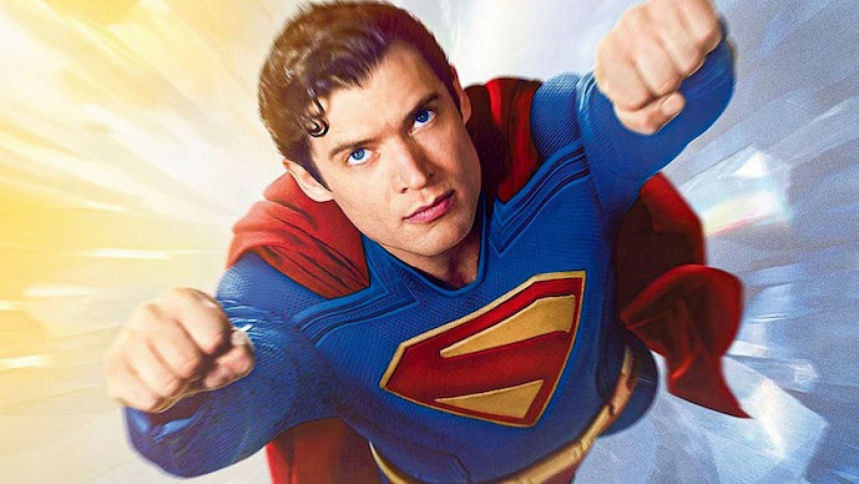
There's a certain weight that comes with reviewing a "Superman" movie. For decades, the "Man of Steel" has stood as a pop culture monolith—a symbol of hope, morality, and larger-than-life heroics. I went in to enjoy James Gunn's ambitious reboot, weighing whether this iteration of the Kryptonian saviour could soar above the fatigue of a superhero-saturated landscape. I came out with the realisation that Superman may not be flawless, but it flies high enough to remind us why this hero matters.
David Corenswet steps into the boots of Clark Kent with an endearing earnestness that immediately sets him apart from his predecessors. The actor is able to emulate Clark Kent's "rizz," juxtaposed with a calm authority as Superman. While Corenswet hasn't yet carved out a definitive stamp on the character—he lacks some of the commanding gravitas of Christopher Reeve or the raw physicality of Henry Cavill—there's a clear sense of potential. His Superman is one in progress, which feels appropriate for a film that's more interested in laying narrative groundwork than offering a fully realised icon.
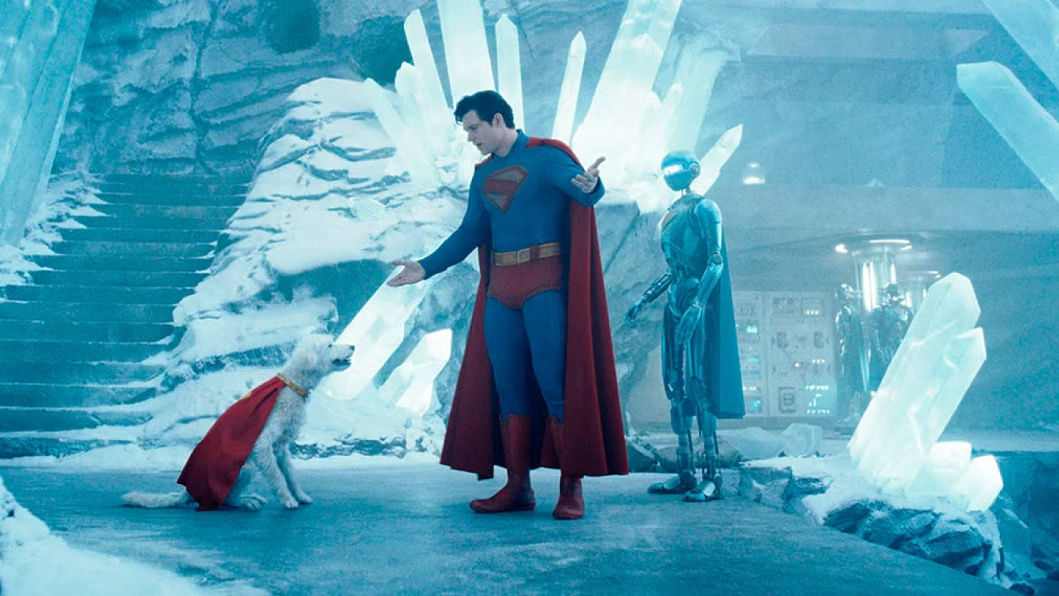
Rachel Brosnahan is, in many ways, the film's secret weapon. Her Lois Lane is sharp, funny, and fully realised—a far cry from the damsel archetype that has plagued the character in past iterations. Then there's Nicholas Hoult's Lex Luthor, a cerebral predator cloaked in calm menace. Eschewing Gene Hackman's camp and Jesse Eisenberg's manic energy, Hoult crafts a Luthor who is disturbingly believable in his quiet sociopathy.
Yet, for all its character strengths, Superman stumbles in areas that are all too familiar with modern blockbusters. Pacing remains a nagging issue. The narrative spends ample time setting up emotional stakes, only to rush through certain subplots that deserved more room to breathe. Supporting players like Nathan Fillion, Edi Gathegi, and Isabela Merced are relegated to narrative footnotes, popping in and out without leaving much of an impression. It's the kind of world-building that feels more like a promise for future films than a fully satisfying present.
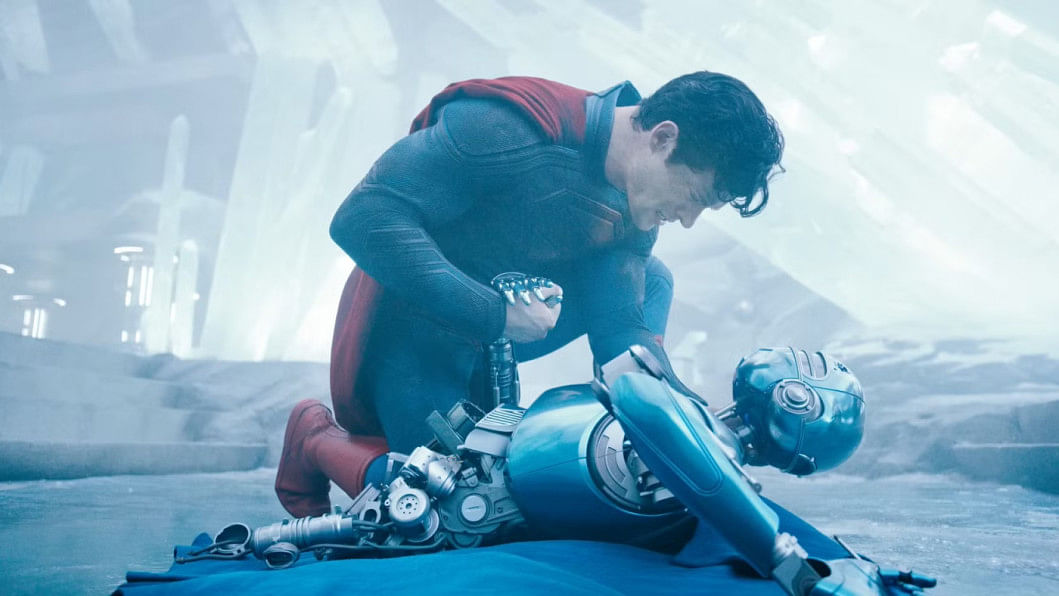
Visually, the film soars in moments and stumbles in others. The depiction of Superman's powers—his graceful flights, the searing intensity of heat vision, and sheer physicality—are often breathtaking, with a particular aerial rescue sequence being memorable for its blend of spectacle and emotional weight. Yet, even these highs are occasionally undermined by inconsistent CGI work. A few effects shots betray their digital origins, a surprising oversight for a film of this scale.
Where the movie most distinguishes itself is in tone. Gunn's Superman isn't a brooding god wrestling with existential dread, nor is he a smirking, self-aware parody of superhero tropes. Instead, this Superman embraces earnestness without irony. It is refreshing to see a hero who genuinely believes in humanity's better angels, a stance that flies in the face of the cynicism that has defined much of recent superhero cinema.
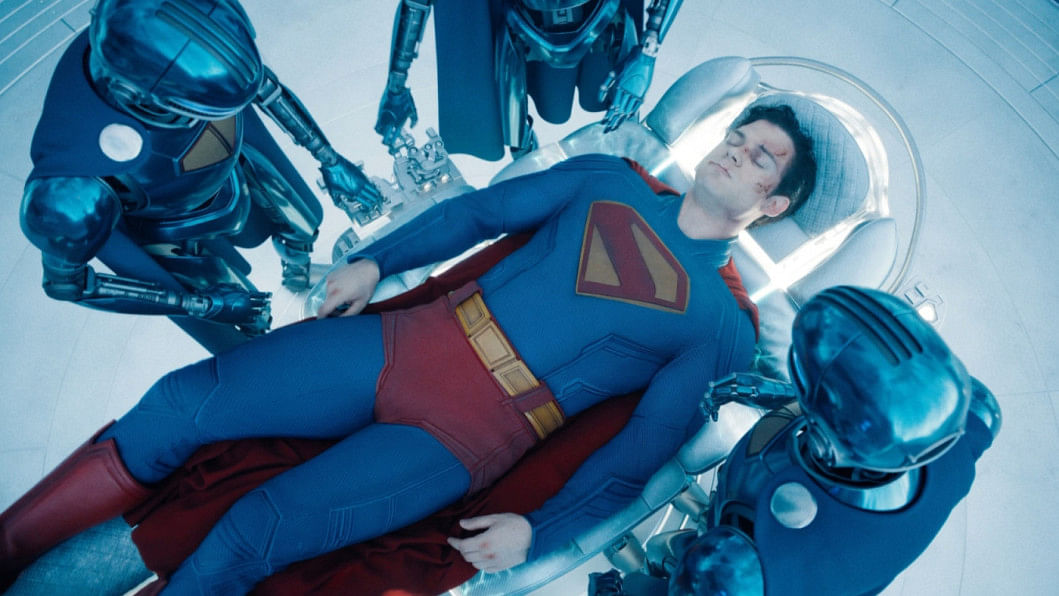
Still, optimism alone doesn't fix structural issues. The second act drags in places, and the film's ambition to set up the broader DC Universe sometimes leaves its own narrative undercooked. But when it all comes together—particularly in the climactic confrontation between Superman and Luthor—the film delivers the kind of emotional catharsis that has been missing from the franchise for years.
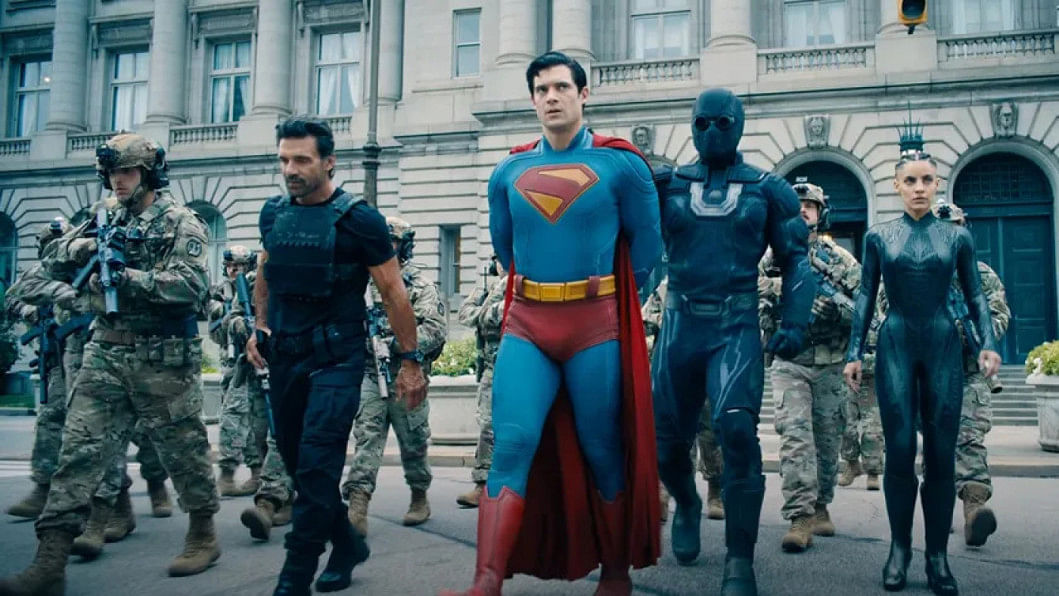
While imperfections abound, make no mistake: this is a Superman who still believes a man can fly. And for the first time in years, so might audiences.
The author is Entertainment Editor at The Daily Star.

 For all latest news, follow The Daily Star's Google News channel.
For all latest news, follow The Daily Star's Google News channel. 

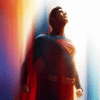

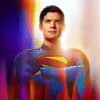



Comments